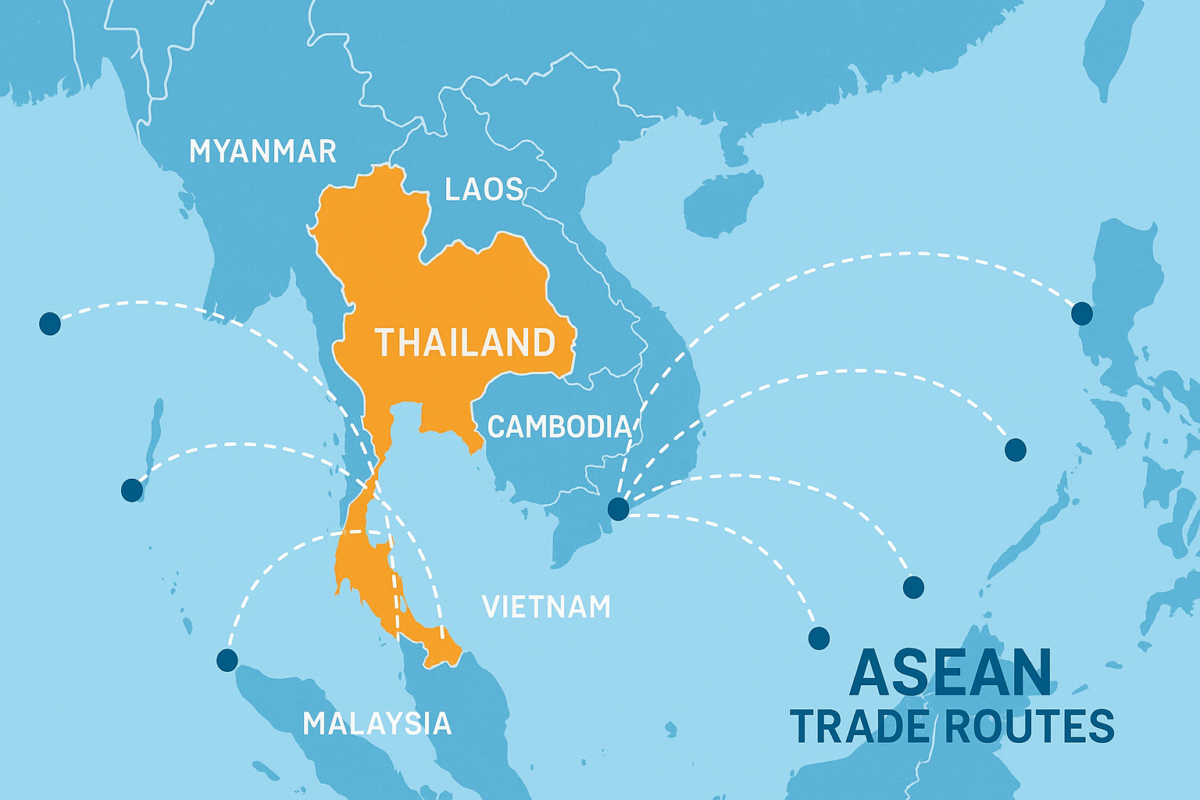Call Us:
+66 98 014 8999
+66 2289 1814
Mail Us:
center@theworldfreight.com
The World Freight Co., Ltd.

